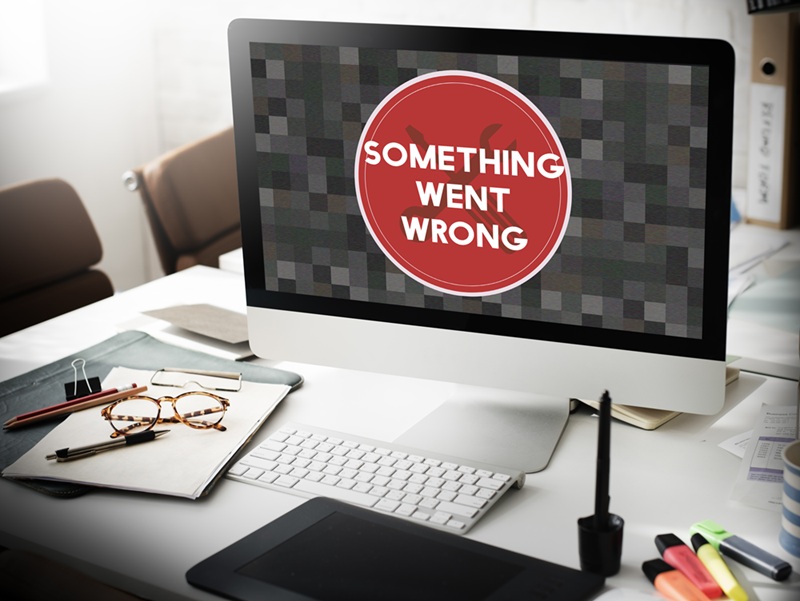
Industrial Safety Standards Every Business Should Follow
Workplace safety is a critical component of any industrial operation. Beyond compliance, it reflects a company’s commitment to employee well-being, operational integrity, and corporate responsibility. Adhering to safety standards not only prevents accidents but also boosts productivity and employee morale.
Every industrial business, regardless of size, must follow Occupational Health and Safety (OHS) guidelines set by regional and international authorities. These standards outline the measures needed to ensure a safe work environment — from machinery handling to emergency preparedness.
1. Equipment and Machinery Safety
Industrial workplaces often involve heavy machinery, which can pose serious risks if not maintained properly. Regular inspections, preventive maintenance, and proper training are essential. Operators should always use appropriate personal protective equipment (PPE) and follow operational protocols.
2. Fire and Electrical Safety
Many industrial accidents stem from electrical faults or fire hazards. Businesses must ensure that wiring, fuse boxes, and machinery meet fire safety regulations. Fire extinguishers, alarms, and clear evacuation routes must be installed and maintained regularly.
3. Chemical Handling and Storage
In sectors where chemicals are used, proper labeling, ventilation, and safe storage are vital. Employees must be trained in Material Safety Data Sheets (MSDS) and emergency spill protocols. Neglecting chemical safety can lead to severe health hazards and environmental damage.
4. Ergonomics and Fatigue Management
Repetitive motions, poor posture, or long shifts can lead to musculoskeletal injuries. Employers should design workstations ergonomically, rotate shifts, and encourage rest breaks. This reduces injuries and enhances job performance.
5. Safety Training and Culture
Even the best systems fail without proper training. Businesses must regularly conduct safety drills, update safety manuals, and encourage a culture of accountability. Encouraging employees to report hazards without fear creates a safer workplace for all.
Industrial safety is not a one-time task — it’s an ongoing commitment. Companies that prioritize safety not only comply with the law but also gain the trust of employees, clients, and investors.
In conclusion, industrial safety is a key pillar of operational success. By implementing and maintaining strict safety standards, businesses protect their most valuable assets — their people and their reputation.




